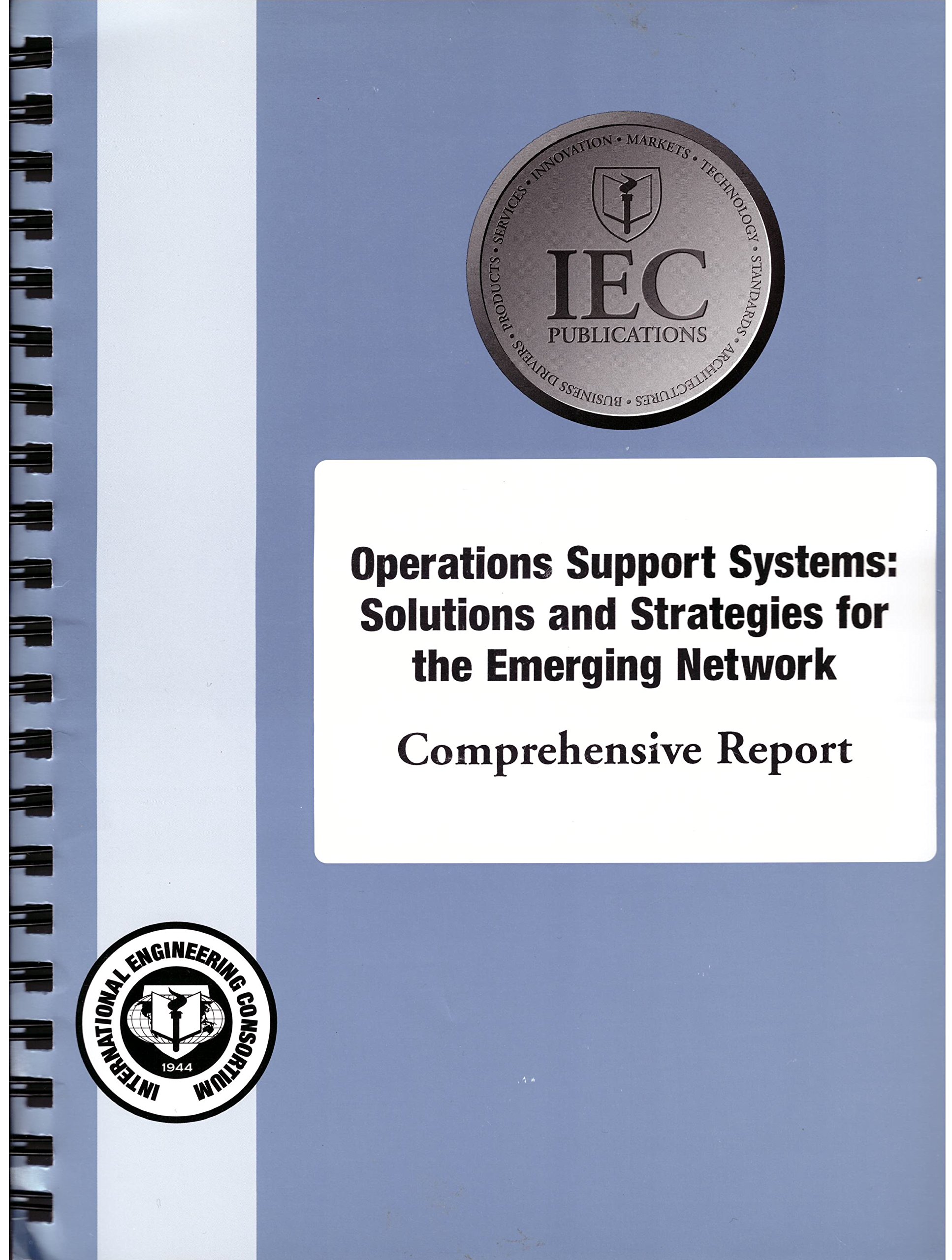

Greetings everyone. Today is my birthday, so rather than post an interview of someone else I have decided to interview myself. I am a bit different than my other interview guests, as in my novel will only be coming out in early 2018. Until now I have done more technical and academic writing. For example I took an experience I had when someone accidentally burned down the office I worked in and wrote about disaster recovery in an
More recently I was recruited to write a chapter about 9: Telecom Security 101: What You Need to Know in the Peerlyst book Essentials of Cybersecurity: InfoSec experts share their tips on getting the basics right.
Early in writing my novel I encouraged to enter the Geek and Sundry Hard Science Fiction contest on Inkshares. Not so much for the publication contract, but for the chance to get the National Science Academy to help tweak the science in the novel for accuracy. I came in 6th place out of 91 entries based on the original first four chapters. Many rewrites and much editing later it is a much better story.
So on to the interview.
What was the most surprising thing you found out while researching/writing your latest book?
So many things surprised me as I put this together. Some highlights are:
- Someone actually did research into the perfect gravity needed to make French fries. Seems that they got a grant and permission to use the ESA test centrifuge in order to conduct the tests.
- Pillbugs or rolly pollys are fascinating creatures. They drink, breath, and defecate through the same orifice. Also they are great for getting heavy metals out of the soil.
All in all, I had a great time doing the research. The more I worked on the outline the more things just seemed to fall into place. Things like the dates for the beauty pageant and science symposium both worked out to have their 200th anniversary both fell within a few weeks of each other.
Why did you choose this setting?
Actually, in this case it chose me. I had been helping my brother in-law (Assaph Mehr) with his novel Murder In Absentia and this one dream kept repeating. After the 4th time I had to write it down in order to get a good night’s sleep. When I was done I had almost 4 chapters written. That was when I actually started to outline and work out the real story.
When people get to read it they may find parts of it are quite familiar. I took a few small liberties with New York City, but they are intentional. Other things I did are more of a homage to the authors of the 1940sto 1960’s. So the style and some of the tropes should be familiar from the various stories. Some are rather blatant, like the use of Isaac Asimov’s The Martian Way is described in a long conversation over a dinner and later as a way of enhancing the terraforming projects on Mars and Venus. Others, are spelled out, like a visit to The Mars that Never Was exhibit or the Bats’ Cave.
What’s unique about your world?
The most unique aspect is that it is mostly an optimistic view of what could happen. Several social aspects show a more enlightened society where women are not afraid of being attacked when alone, where people’s sexual and gender are completely up to them and they are taken at face value for how they present themselves to the world. This was in a way inspired by the movie Shallow Hal, where Jack Black’s character falls for Gwyneth Paltrow’s 300 pound character. Snice Hal had been hypnotized to see the inner beauty he saw her as the beautiful person she was inside and did not believe that she was heavier. This means a beauty pageant where the contestants have various handicaps (replacement limb, etc.), were transgendered, or other characteristics that would preclude them from competing today. Also, all of them need to be more than just beautiful. These are women that are accomplished and educated who also happen to be competitors.
How real do you think the science is in your book?
I worked hard with several experts to make sure that everything in the story is plausible given our current technology. In some cases this means that ideas were shot down (like the free formed ball of water as a zero G pool – sorry but the Passenger got this wrong). So I am confident that the science and technology are accurate. With a few small liberties pending final testing (the EM drive and Anti-Gravity are both controversial today).
It is the social aspects that were harder. Building 21 colonies, each based on the country that initially put the first human on the surface. This took more thinking as I wanted to spread the ownership (and thus cultures) out a bit. This let me make the exploring more fun and a bit different at each port of call.
What did you include that you wish was real today?
This is actually a hard question. I wish that we had not lost 15 years back in the ’80 for space exploration (and 2 space shuttle crews). If we had not lost them it is likely we would have a Moon base and be much further along towards being a multi-planet species. Otherwise, I wish that we had proper radioactive diamond batteries so we never need to recharge our phones, laptops, etc.
Anything the readers should know?
Please keep an eye on my site and Facebook pages as I hope to do a cover reveal in December and to announce the release date around the same time.
Links:

